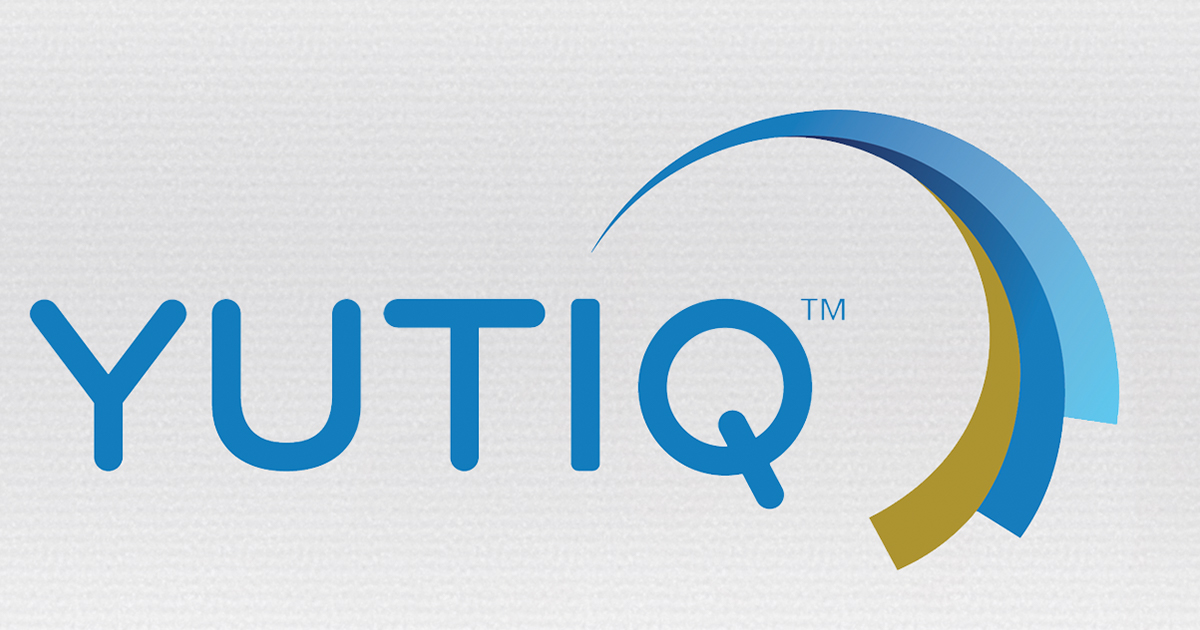YUTIQ Approval Latest Step in EyePoint’s Transformation

The steroidal implant YUTIQ for treatment of chronic, noninfectious posterior uveitis is the second drug in EyePoint Pharmaceuticals’ ophthalmology portfolio to receive Food and Drug Administration approval this year – a signature accomplishment for an established pharma company let alone one that rebranded itself just seven months ago – but YUTIQ will leapfrog its previously approved stablemate in getting to market. EyePoint plans to launch YUTIQ in the first quarter of next year, president and CEO Nancy Lurker said in a call with analysts this week.
Building Toward the Launch
With FDA approval coming about three weeks before the originally planned Prescription Drug User Fee Act date, Lurker and her team at EyePoint are now building out the sales team. YUTIQ, which utilizes the Durasert drug-delivery technology, is a non-bioerodible intravitreal micro-insert containing 0.18 mg fluocinolone acetonide. It’s designed to release the drug consistently over 36 months.
This has been an eventful year for EyePoint, which acquired Icon Bioscience Inc. in March and changed its name from pSivida Corp. The YUTIQ approval is a key step in the transformation, Lurker suggested to the analysts. “We are excited that our goal of transforming EyePoint from a clinically staged, R&D-focused company into a commercial and revenue-generating specialty pharmaceutical company dedicated to ophthalmology is now within reach,” she said.
A month before EyePoint carried out the acquisition, Icon received FDA approval for DEXYCU (dexamethasone intraocular suspension) for treatment of inflammation after eye surgery. DEXYCU received a reimbursement code in September, but is further out from hitting the market than YUTIQ, Lurker said; its anticipated rollout is in the first half of next year, after YUTIQ launches.
Why YUTIQ Leapfrogged DEXYCU
Lurker explained the rationale for bringing YUTIQ to market first. One, payers are already familiar with the Durasert platform because EyePoint has licensed it to Alimera Sciences for the Iluvien insert for diabetic macular edema. Because uveitis is an orphan disease indication, the pricing will be very similar to Iluvien, Lurker said. “As we’ve already had preliminary discussions with the payers, we’re quite pleased that right now they’re very open to making this a fairly seamless process for patients and physicians,” she said. (Incidentally, Iluvien has 0.19 mg of fluocinolone acetonide vs. 0.18 mg in YUTIQ.)
Two, the manufacturing ramp-up for YUTIQ is further along than that for DEXYCU, Lurker said. At the time the acquisition closed, Icon had made no headway in scaling up manufacturing of DEXYCU, so EyePoint started that process from scratch. “That just takes time,” Lurker noted. “With YUTIQ, we’re going to work hard to launch as quickly as possible,” she added, but declined to predict exactly when in the first half of 2019 DEXYCU would launch. “The team has been aggressively preparing for the launches of both YUTIQ and DEXYCU.”
Lurker pointed out that in the past few months, the company has made several key hires in the c-suite, all of whom have decades of experience in pharma and healthcare. They include Leonard Blum, executive VP and general manager; David Price as CFO; John Weet, PhD, senior VP, regulatory affairs and quality; and Thomas Hadley, VP of marketing and sales.
At next week’s American Academy of Ophthalmology meeting, updated 24-month results of YUTIQ for chronic, noninfectious posterior uveitis will be presented.
For questions about this article, please contact Richard Mark Kirkner at rich@healthegy.com.
